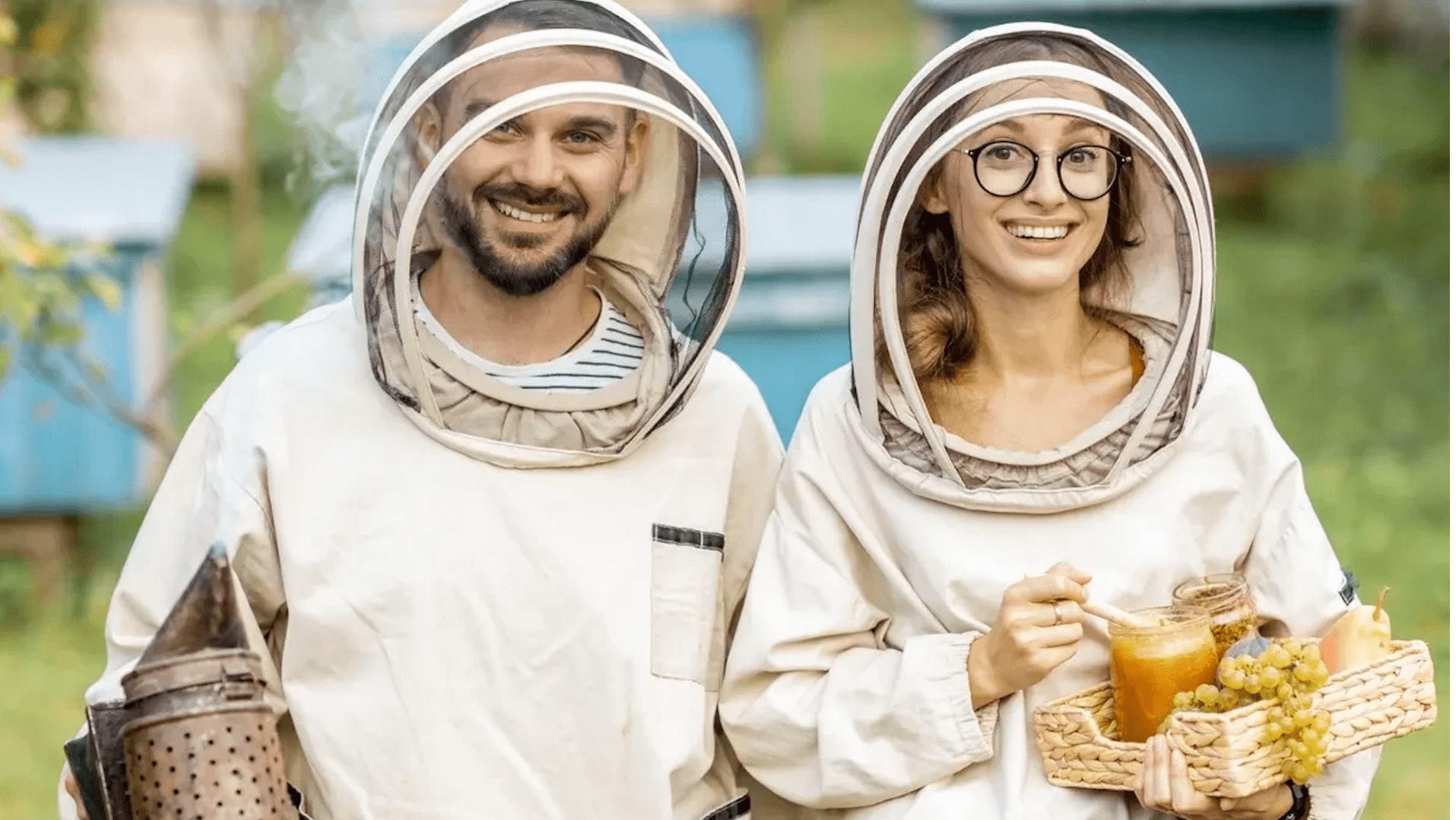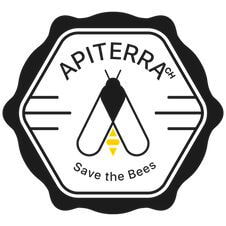
CHI SIAMO
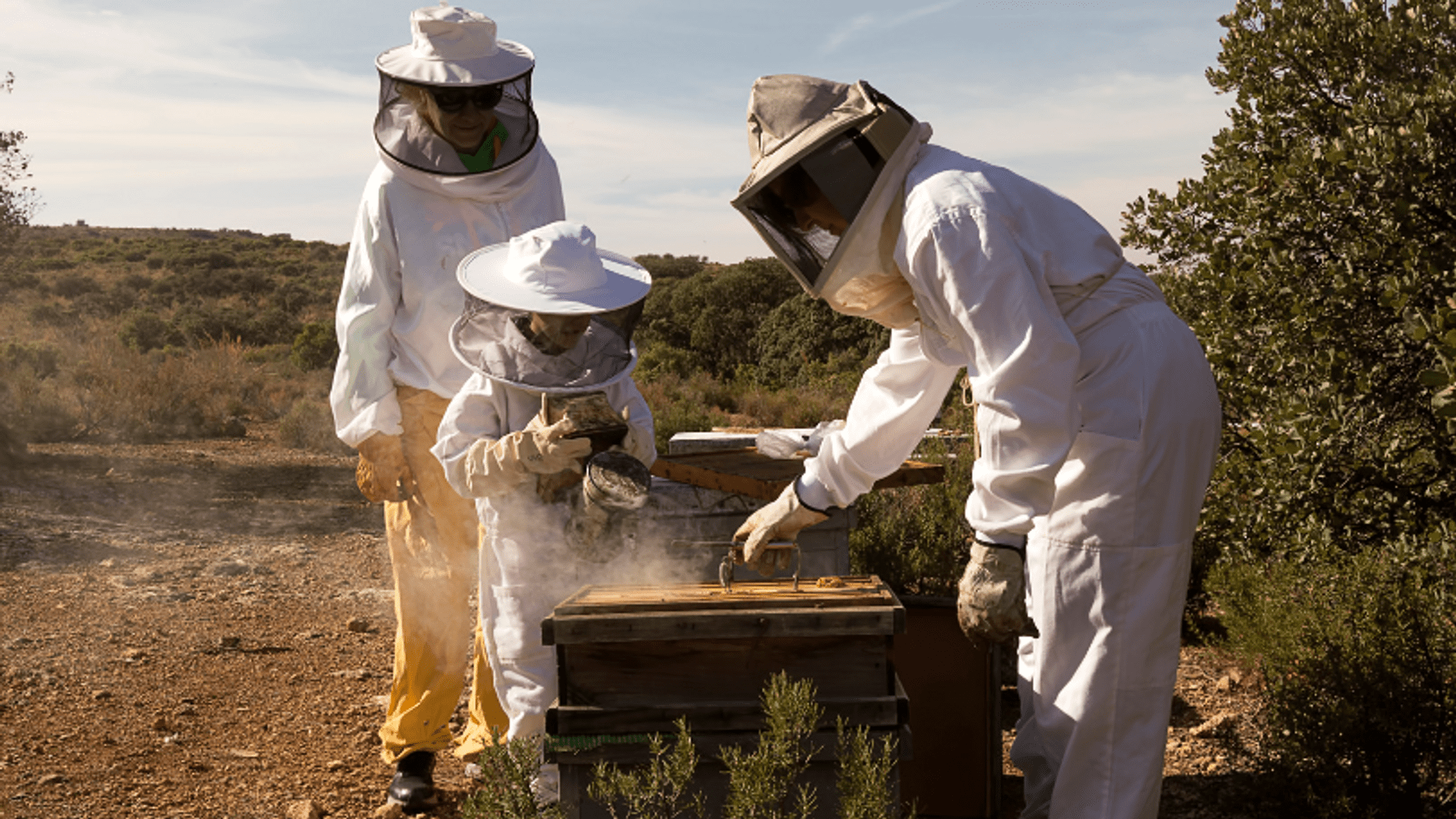
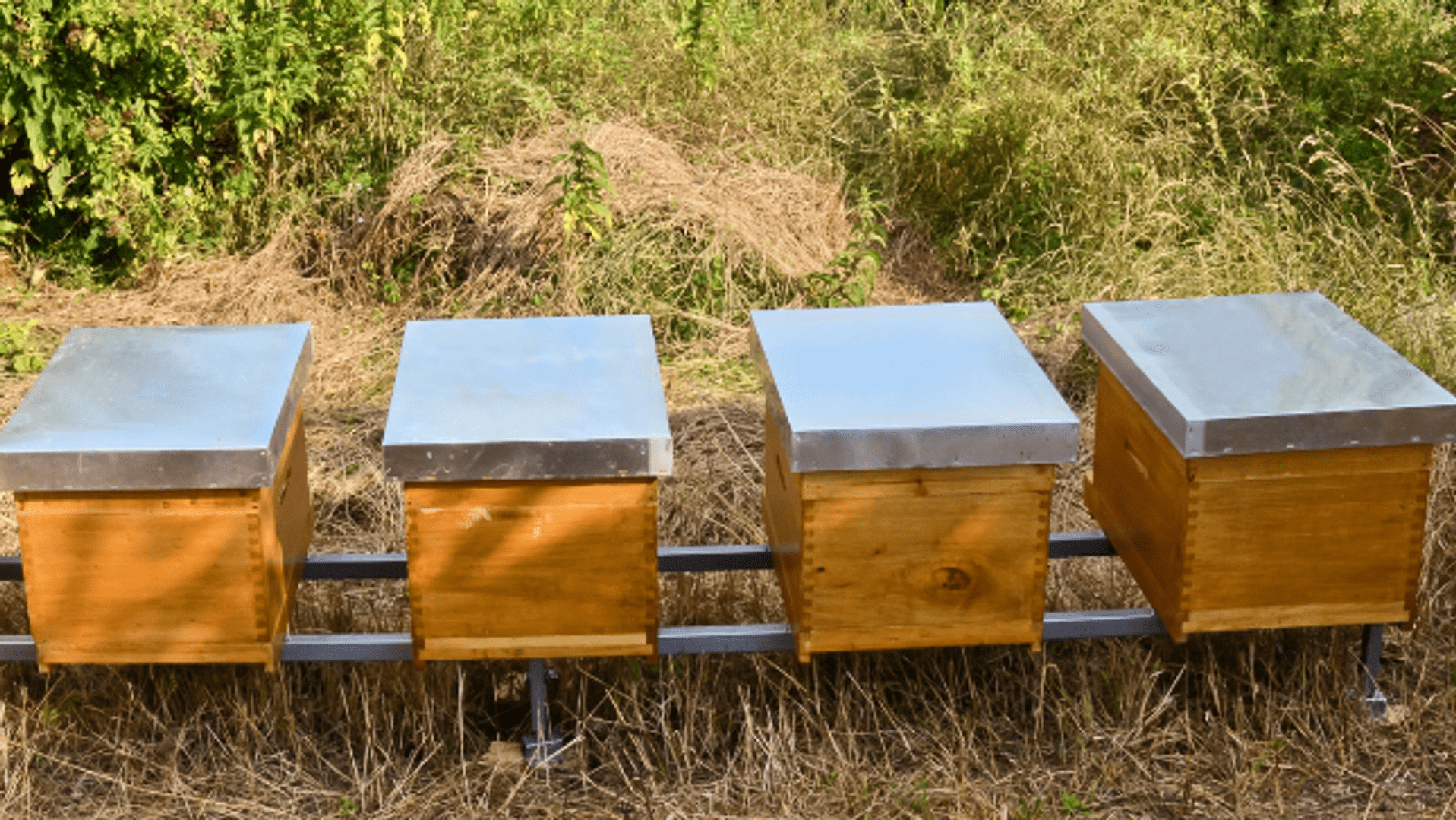
Alexander: What inspired you to start your own hives?
Vasco: I was driven by my love of bees and my desire to create a sustainable, healthy environment for them. It wasn't just about getting honey, although any honey I did harvest, I happily shared with friends.
Alexander: What have you learned about bees through your work with them?
Vasco: I have learned many amazing facts about their life and behavior, including how they turn flower nectar into honey and carefully put it into the honeycomb for wintering. I have also become more aware of the interconnectedness of all things through my work and observation of bees. I have seen how the health of bees is connected to the health of the environment and plants around them and how biodiversity is enriched in the places where bees live and work.
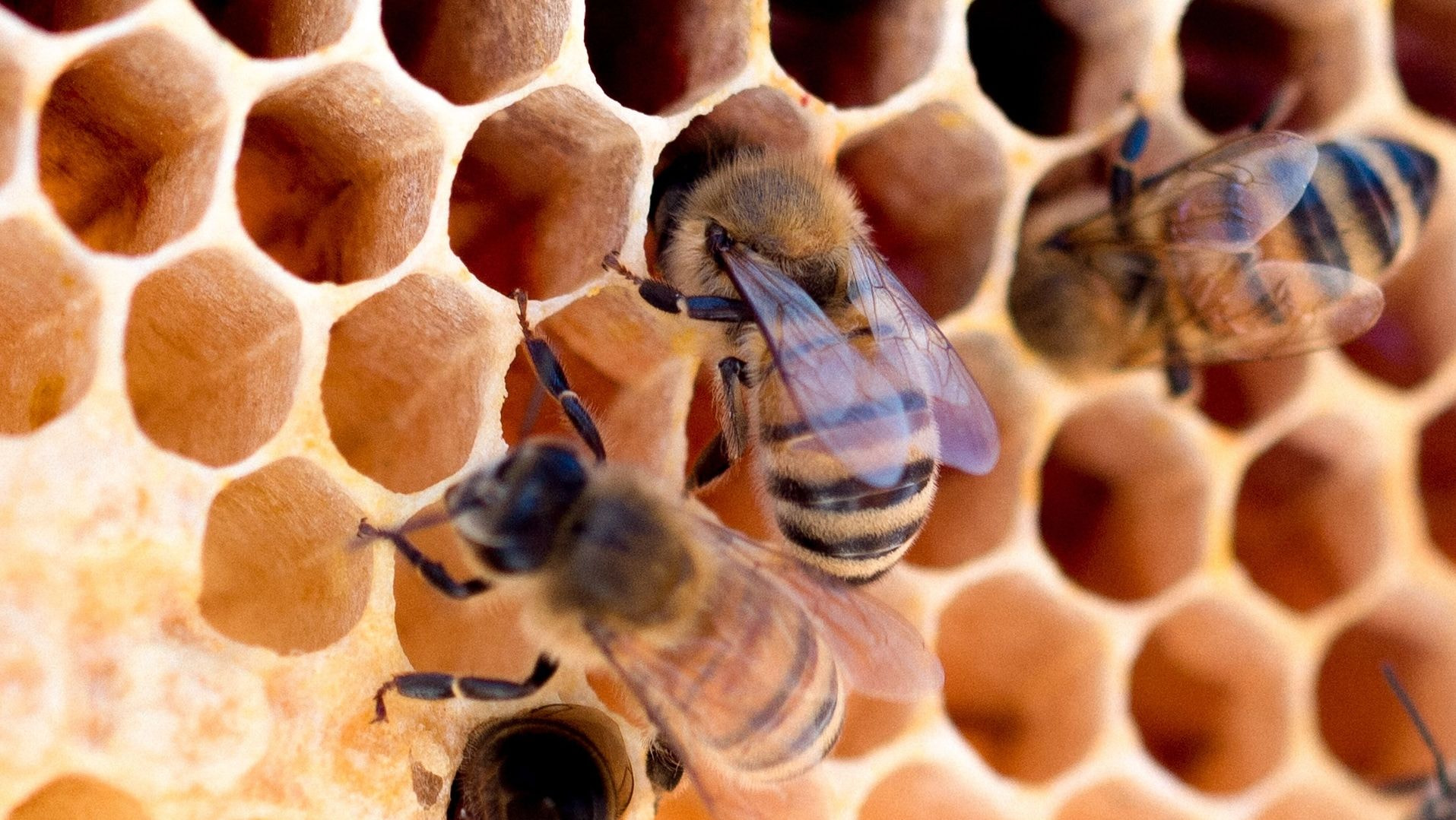
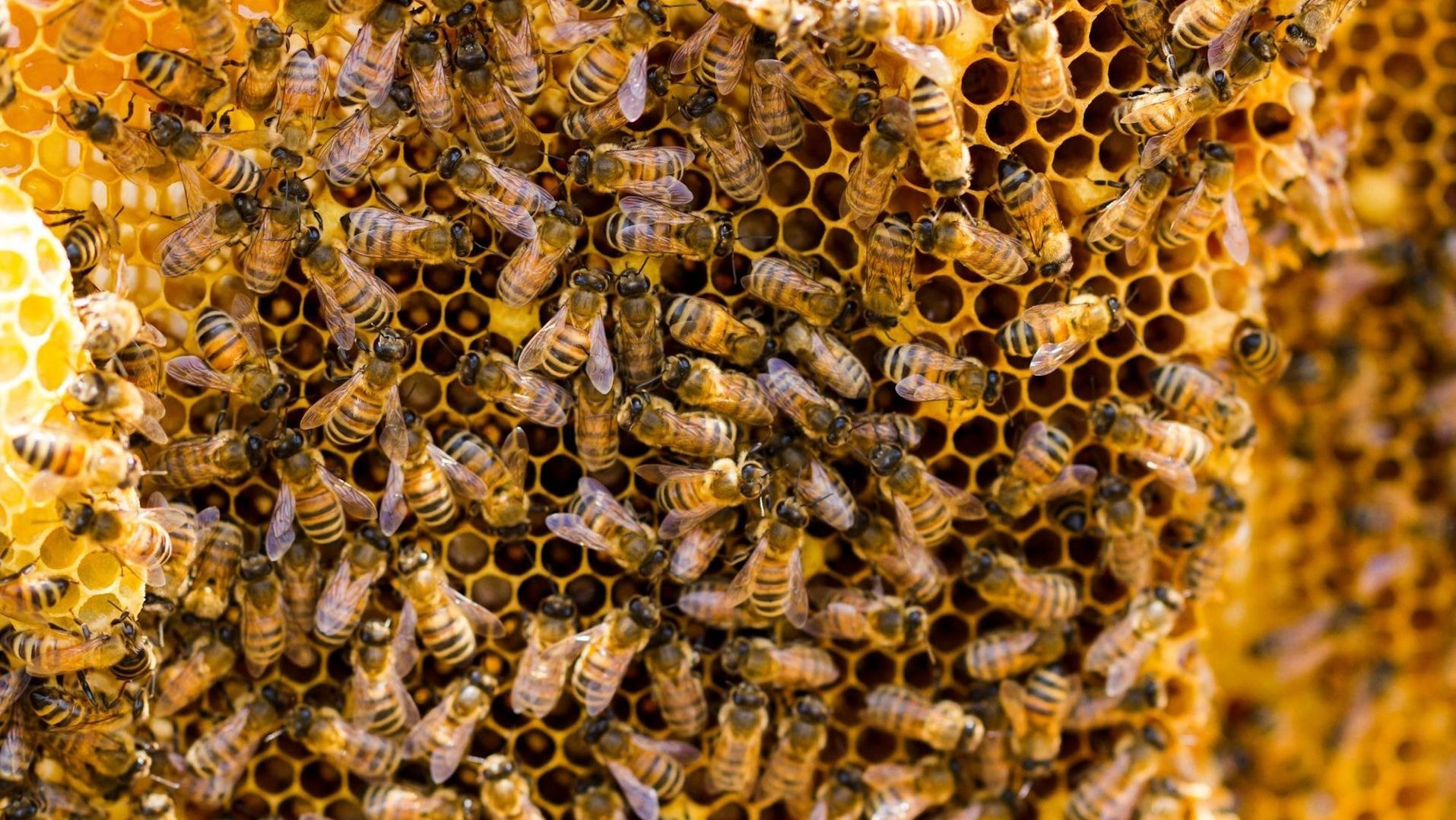
Alexander: What surprises you most about bees, Vasco?
Vasco: One of the most surprising things about bees is their incredible intelligence and ability to communicate with each other. Bees are capable of performing complex tasks, such as building intricate honeycomb structures, navigating long distances to find flowers and returning home to their hive, and even dancing to communicate the location of a food source to other bees. They also have an incredible memory and can recognize and remember different types of flowers and their location.
Alexander: Can you tell us more about how bees communicate through dancing?
Vasco: Sure! Bees perform a dance called the waggle dance, which is a way of telling other bees where to find food. The dance involves the bee moving in a figure-eight pattern while waggling its abdomen. The direction of the dance indicates the direction of the food source relative to the position of the sun, while the duration and intensity of the waggling indicate the distance and quality of the food source. Other bees in the hive can interpret these dance movements and use them to navigate to the food source. It's an amazing example of how bees are able to communicate and work together as a highly organized society.
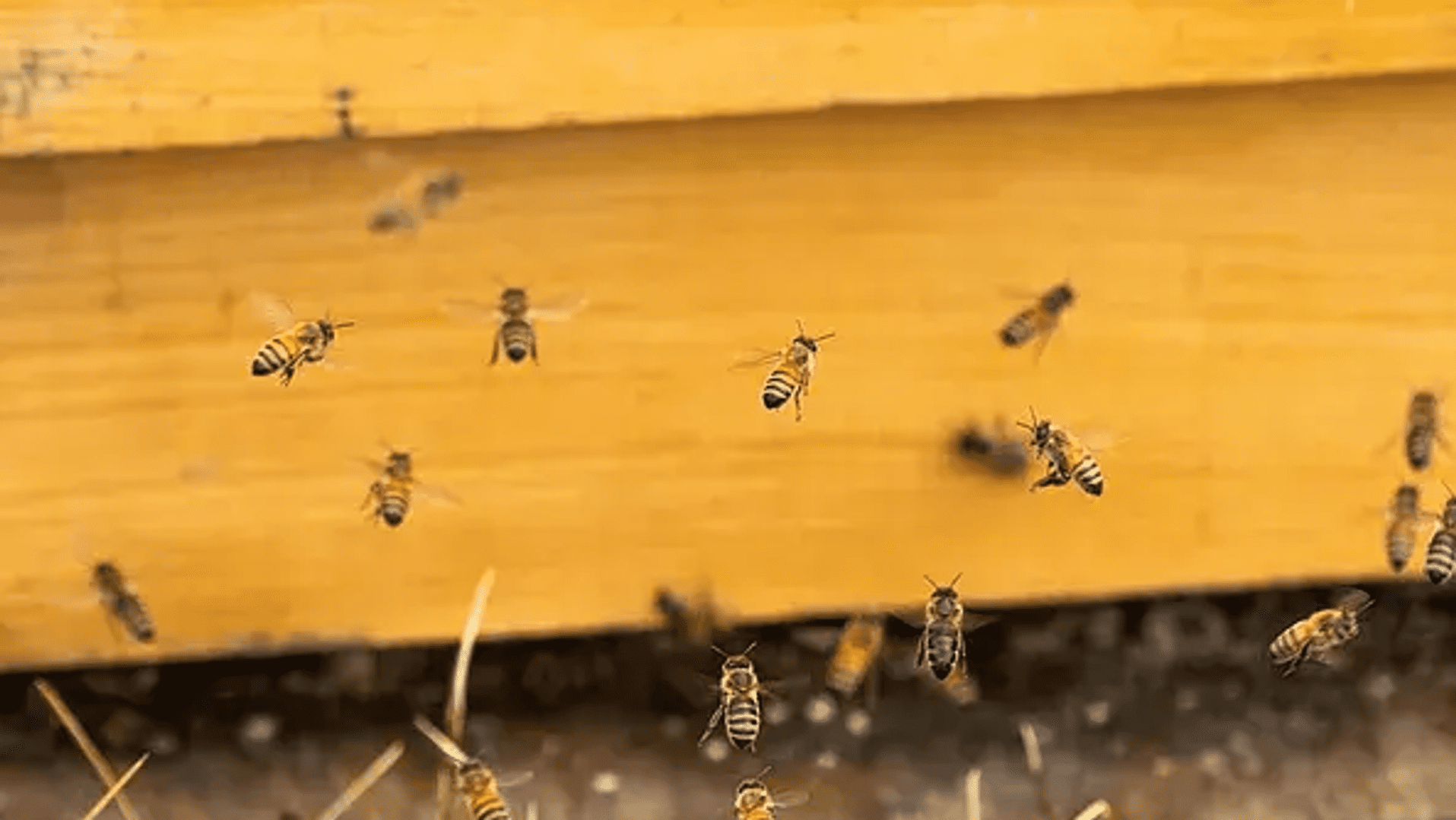

Alexander: How do you think Apiterra can make a real difference in preserving the health and diversity of our planet?
Vasco: By allowing anyone who cares about bees and the planet to adopt bees and contribute to their preservation while also getting real honey that cannot be bought, Apiterra has the potential to make a real difference in preserving the health and diversity of our planet. I'm excited to embark on this new venture and continue to protect bees and the environment.
Alexander: Lastly, can you share with us your future plans and prospects for Apiterra?
Vasco: We are always looking for ways to expand our mission of promoting sustainable beekeeping and raising awareness about the importance of bees in our ecosystem. One of our future plans is to explore the benefits of apitherapy, which is the use of bee products such as honey, pollen, and propolis for medicinal purposes. We believe that apitherapy can provide a natural and effective alternative to traditional medicine, and we want to educate people about its potential.

